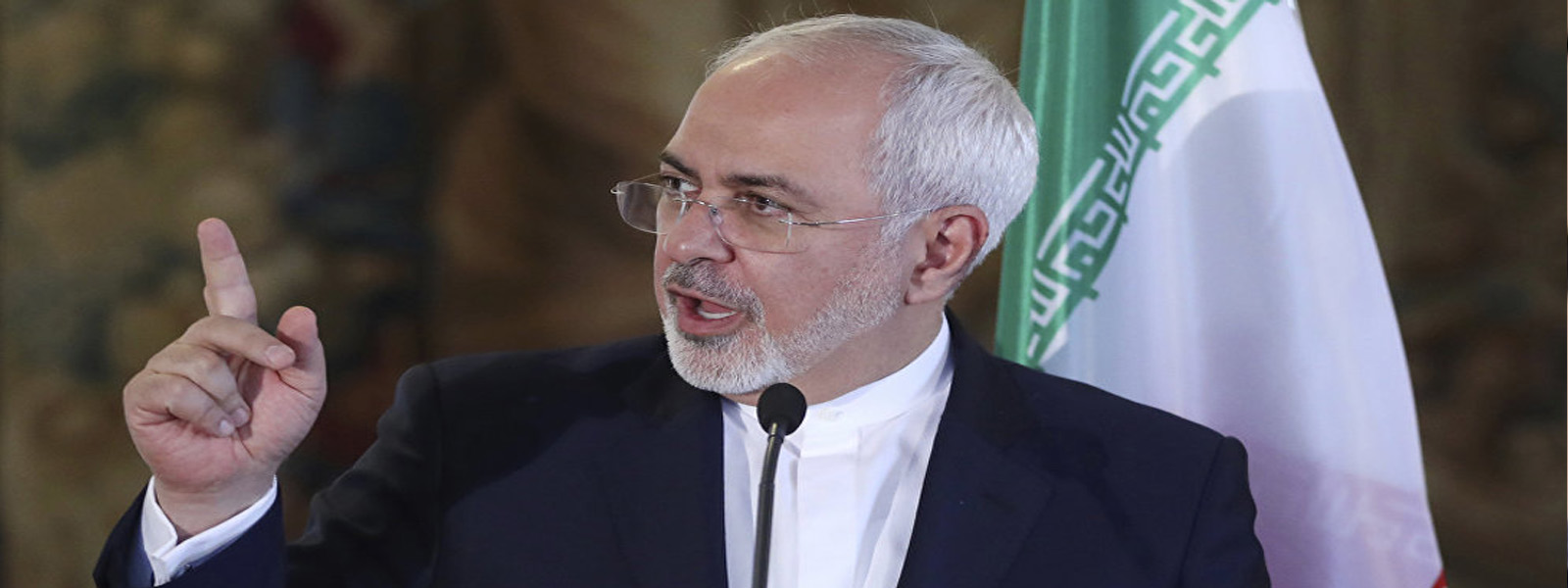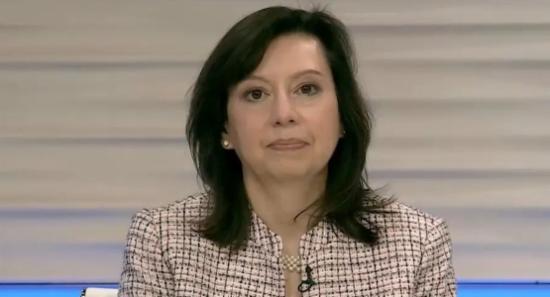.webp)

Iran refutes plans of dominating the Middle East and criticize Saudi and Israel
Iran is opposing to the accusations which are raised by Saudi and Israel that it is destabilizing Middle East and creating political tension in the region.
Further the Iranian Foreign Minister Mohammad Javad Zarif states both Saudi and Israel are “US client states” who were trying to cover up their “poor choices” and "strategic blunders”.
This statement was made by the Iranian Foreign Minister Mohammad as a direct response to the joined criticism made by Saudi Foreign Minister Adel Al Jubeir and Israeli Prime Minister Benjamin Netanyahu in the Munich Security Conference on Sunday.
Raising their concerns, Saudi Foreign minister states that Iran is in need of a new government structure as the Israel Prime Minister Benjamin Netanyahu labeled Iran as the “greatest threat to the world -attempting to impose an 'empire' across the Middle East region".
However in his speech the Iranian Foreign Minister Mohammad Javad Zarif denies any form of attempts to build a hegemon. Further he disregarded the accusations against the country's foreign policy stating the other countries in the region have become “obsessive” towards Iran. Adding to that he further states US and its local clients are suffering from the consequences of their "wrong choices" and they use the critics against Iran to deviate the attention and hide the reality.
In his so called list of “poor choices” he includes;
“Backing US support for former Iraqi leader Saddam Hussein in 1980's
The US invasion of Iraq to remove Saddam in 2003
The Israeli occupation of Palestine and Saudi – led bombing of Yemen.
On Febrauary 10th Israel launched heavy raids against Iranian controlled Syrian areas with the accusation that Iran is sending unmanned drone to the Israel airspace from Syria. The heated conversations between the two countries are due to the part of this serious confrontation. As Iran has intervened in the Syrian civil war in 2015 backing up the president Bashar-Al-Assad, Israel is growing in fear that they could use Syrian territory to stage attacks against them or could transfer weapons to the Lebanese Shia military group Hezbollah. On the other hand Iran has angered its regional rival Saudi Arabia with their involvement in Yemen civil war backing up Houthi rebels.Proxy Conflicts
According to the Saudi Arabian Foreign Minister the controversies in Middle East region began in 1979 with Iranian Revolution which is responsible for unleashing sectarianism. As a consequence the most dangerous terrorist organization “Hezbollah” was established in the region. Further he condemns the act of arming the Houthi rebel group by Iran as opposed to the continuous denial from Tehran. In his speech he mentioned that Iran is attacking on both Saudi and Israel while undermining Lebanon, Syria, Iraq, Bahrain, Yemen, Pakistan, Afghanistan,including African countries. Israel president Benjamin Netanyahu compared Iran to another Nazi Germany which “masters faith” as oppose to spreading “master race” by Germans in the past. Responding to the critics the Iran Foreign minister dismissed the allegations of hegemon instead affirmed that they believe in strong nations which would contribute to stability of regions. A defence security analyst Andreas Krieg stated the increased tension in the region is not between the Israel and the Arab world instead between the nations which support Iran and are against Iran. Saudi Arabia is taking the side of Israel in the current context which would encourage US to initiate attacks on Iran.Other Articles
Featured News





.png )



-796915_550x300.jpg)
-796909_550x300.jpg)

























.gif)